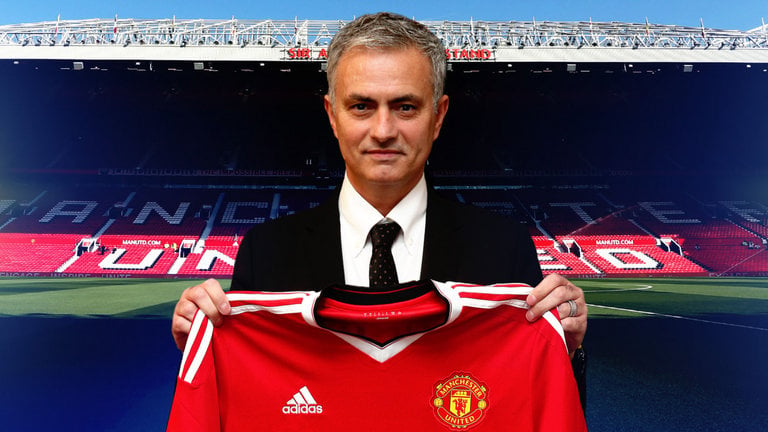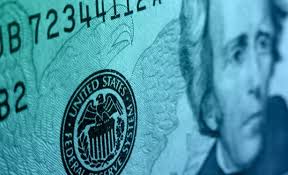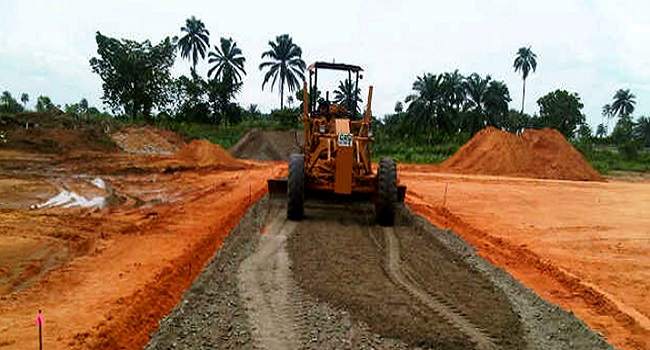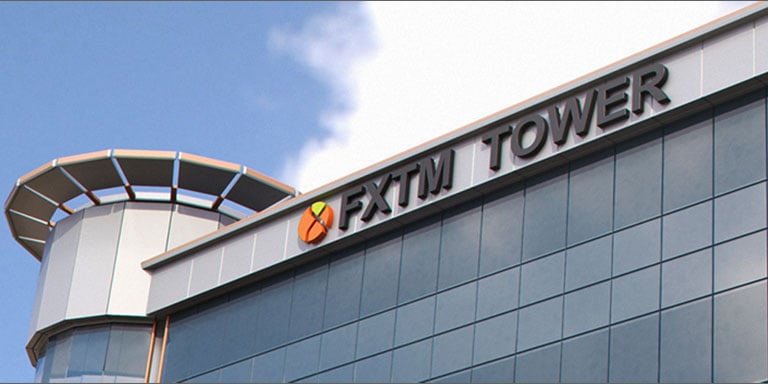Of the 54 countries in Africa, only seven countries have a worse inflation problem than Nigeria as at May 2016.
The countries are South Sudan, Malawi, Mozambique, Ghana, Zambia, Central African Republic, and fellow oil-producing country, Angola.
According to data gleaned by Trading Economics from the continent, inflation in these countries range from 290.3 percent in South Sudan to 18.27 percent in Mozambique.
This means, 46 countries in Africa have a better inflation situation than Nigeria in 2016, with inflation in Nigeria rising to six-year high in May, 2016.
Advertisement
“In May, the Consumer Price Index (CPI) which measures inflation recorded a relatively strong increase for the fourth consecutive month. The Headline index increased by 15.6% (year-on-year), 1.9% points higher from rates recorded in April (13.7%),” NBS said on Tuesday.
“The increase in rates in May relative to April reflects an overall increase in general price level across the economy as all divisions which contribute to the Headline index increased at a faster pace in May.”
| Country | Inflation rate |
|---|---|
| Somalia | -4 |
| Chad | -3.4 |
| Mali | -2.5 |
| Zimbabwe | -1.64 |
| Seychelles | -1.2 |
| Cape Verde | -0.9 |
| Gabon | -0.01 |
| Benin | 0.2 |
| Niger | 0.3 |
| Mauritius | 0.8 |
| Mauritania | 0.9 |
| Senegal | 1.3 |
| Comoros | 1.4 |
| Cameroon | 1.47 |
| Morocco | 1.6 |
| Burkina Faso | 1.7 |
| Ivory Coast | 2 |
| Congo | 2.1 |
| Guinea Bissau | 2.2 |
| Togo | 2.2 |
| Djibouti | 2.6 |
| Burundi | 2.7 |
| Botswana | 2.8 |
| Tunisia | 3.6 |
| Republic of the Congo | 3.7 |
| Equatorial Guinea | 3.9 |
| Rwanda | 4.4 |
| Kenya | 5 |
| Tanzania | 5.2 |
| Uganda | 5.4 |
| Madagascar | 6 |
| Sao Tome and Principe | 6 |
| Algeria | 6.12 |
| South Africa | 6.2 |
| Gambia | 6.57 |
| Namibia | 6.6 |
| Liberia | 7.1 |
| Guinea | 7.7 |
| Lesotho | 7.8 |
| Ethiopia | 7.9 |
| Swaziland | 8.5 |
| Sierra Leone | 8.85 |
| Libya | 10.1 |
| Egypt | 12.3 |
| Eritrea | 12.5 |
| Sudan | 13.98 |
| Nigeria | 15.6 |
| Mozambique | 18.27 |
| Ghana | 18.7 |
| Malawi | 20.1 |
| Zambia | 21.3 |
| Central African Republic | 25.58 |
| Angola | 29.23 |
| South Sudan | 290.3 |
The NBS said electricity and public transportation hikes, drove inflation significantly in May, following a hike in the pump price of petrol, from N87 to N145 per litre.
Advertisement
“Year on year, electricity rates as well as other energy prices continue to manifest as key drivers of the Core component of the CPI.
“The Core subindex increased by 15.1% in May, up by 1.7% points from rates recorded in the previous month.
“During the month, the highest increases were seen in the passenger transport by road, liquid fuel (kerosene), fuels and lubricants for personal transport equipment (premium motor spirit) and vehicle spare parts groups.”
This does not mean that the Nigerian economy is worse than 46 African countries, considering other economic indicators across the continent.
Advertisement
Add a comment







